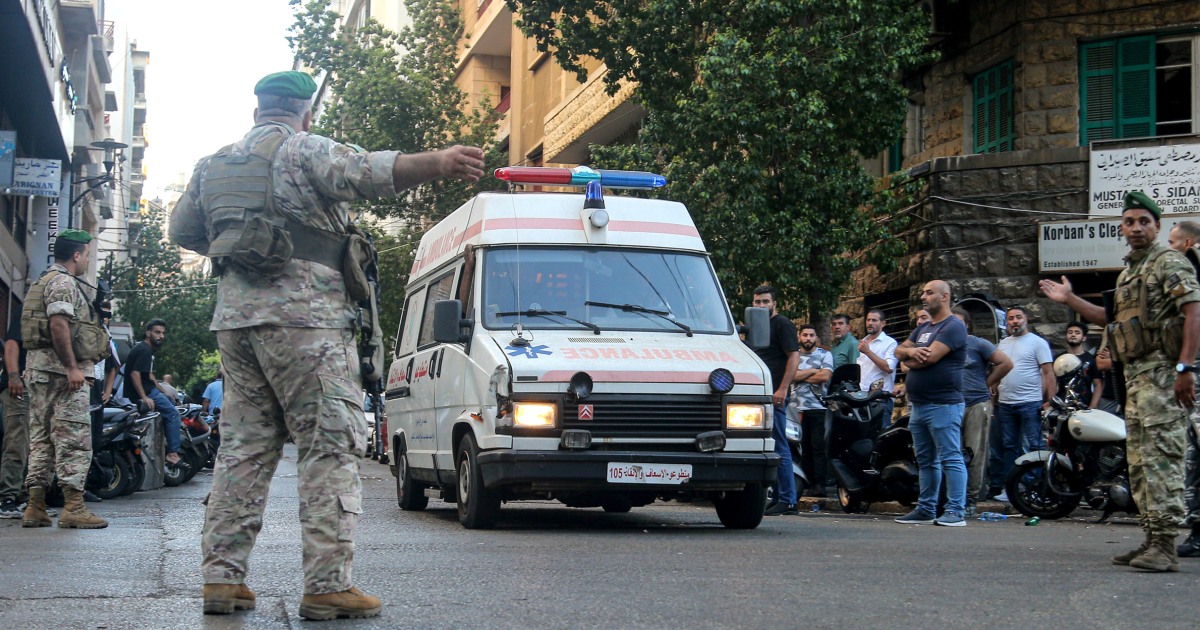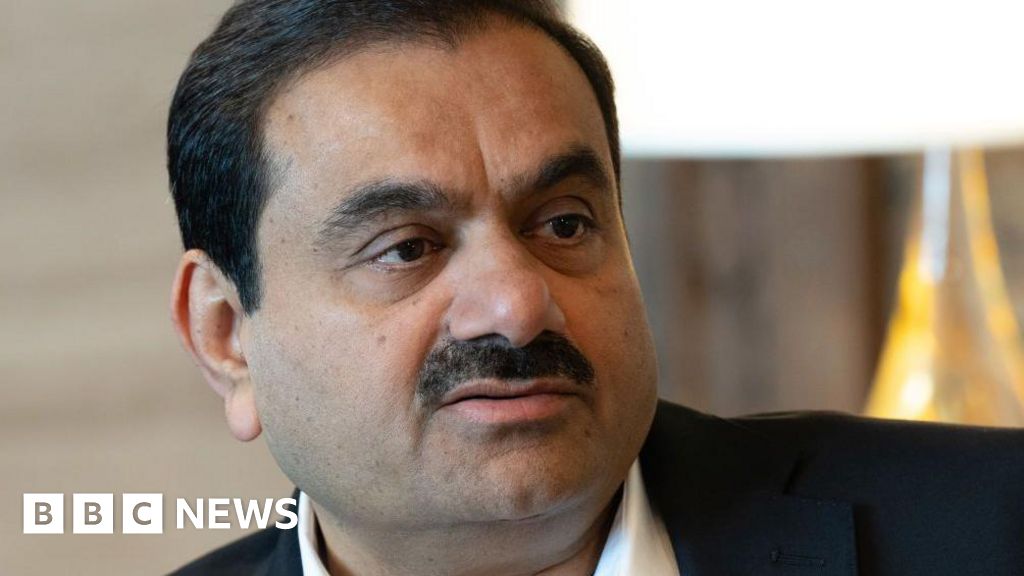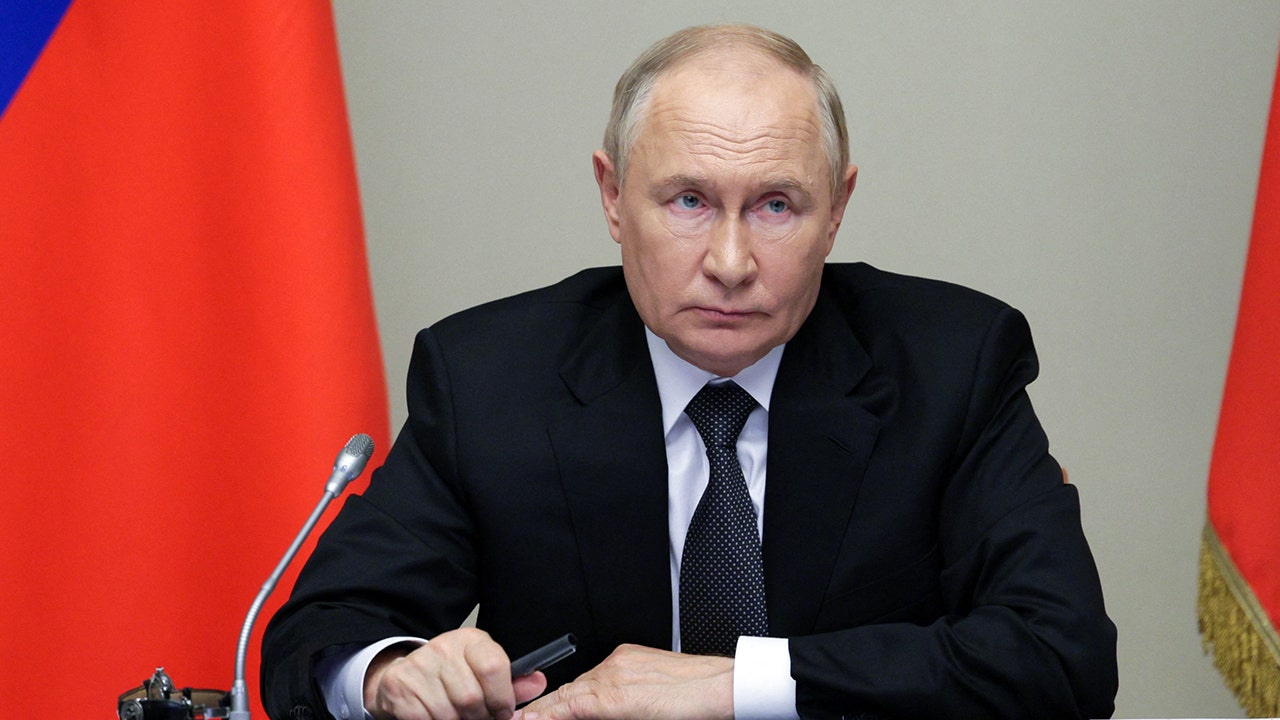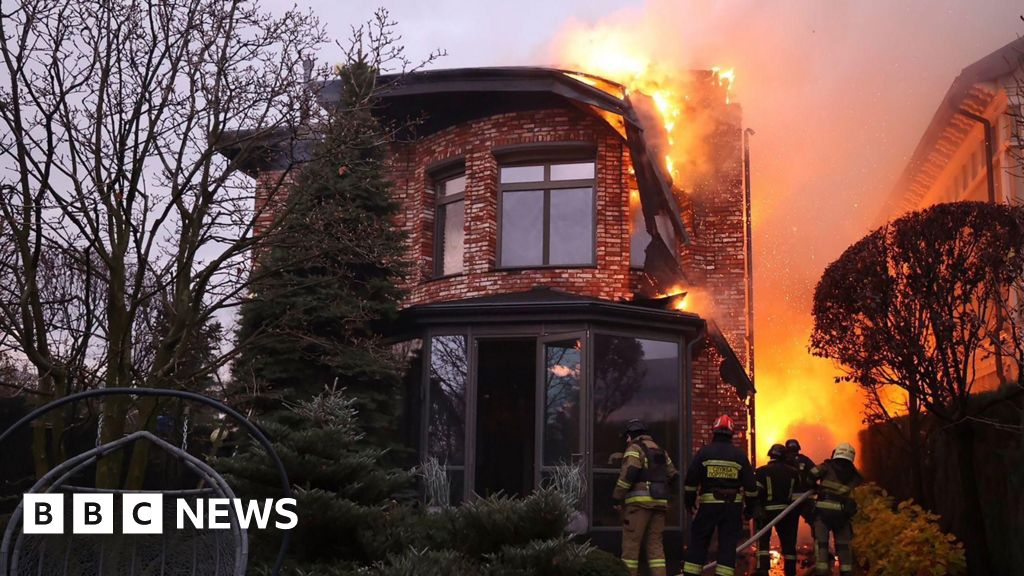World
Why did Israel blow up hundreds of Hezbollah pagers — and what might happen next?

A region fearing all-out war may have been taken to the brink by a legion of pagers.
But the wave of explosions in supermarkets and streets across Lebanon on Tuesday constituted a stunning mass attack that reverberated far beyond the Beirut suburb that is home to their target, the militant and political group Hezbollah.
At least 12 people were killed, including an 11-year old boy and an 8-year old girl, and more than 2,700 injured in the coordinated blasts, the country’s health minister said Wednesday. The attacks are ongoing, with reports Wednesday of more devices exploding across Lebanon, killing at least 9 and injuring hundreds.
Israel has not claimed responsibility for the operation, but Hezbollah laid the blame squarely on its adversary, and two U.S. officials told NBC News that Israel was behind the attack.
From Russia to Jordan, countries warned this was a dangerous escalation after months of simmering conflict in the Middle East. NBC News looks at what the operation might have been aiming to achieve and what could come next.
Why now?
It was unclear why Israel carried out the attack when it did and whether it was an opportunistic operation or something more strategic to be followed by other actions, two U.S. officials and a Western official told NBC News.
It follows months of tensions between Hezbollah and Israel since Hamas’ Oct. 7 terror attacks and Israel’s assault on the Gaza Strip. Hamas and Hezbollah are both backed by Iran.
Israel announced a new war objective late Monday — the safe return of residents displaced from their homes by months of fighting with Hezbollah across the northern border with Lebanon. Israeli Defense Minister Yoav Gallant also warned the U.S. that the only way to achieve that goal was “via military action.”
The growing fear and expectation was that some form of escalation was likely imminent. Then the pagers exploded.
“Either some Hezbollah members got suspicious of the devices, pushing Israel to consider using it now or losing this asset, or this was meant as a prelude to an offensive that is still to come,” Michael Horowitz, the head of intelligence at Le Beck International, a security and risk management consultancy, told NBC News.
Indeed, the gains from the pager operation would be most effective as an opening salvo in a broader war, according to Horowitz, by incapacitating key operatives and disrupting communications while sowing internal distrust.
“This is what I think was the intended nature of the attack, when it was initially planned, though it may not have been used as such,” he said.
What is to be gained from such an operation?
Israel could benefit on several different levels from such a massive and shocking operation, Horowitz said.
The first is the physical damage caused to Hezbollah militants — Lebanon’s health minister said that the flood of patients inundating hospitals across the country, including civilians, had injuries largely to their hands and face. But disabling so many pagers is likely to significantly disrupt the group’s ability to communicate and could take a large number of Hezbollah commanders out of the field.
“Those devices, which may have been used for emergency communication, particularly in case of full-scale war with Israel, would also have been distributed among key commanders from the low-ranking field officer to the higher echelon of the group,” Horowitz said. “We can expect that a lot of them will no longer be able to carry out their military duties.”
While the exact details of the operation remain unclear, the pager attacks could signal that Israel knew the ins and outs of Hezbollah’s supply chain and managed to infiltrate it, Horowitz said.
“As a security breach, it can’t get much worse,” he added.
The attacks are a “huge blow” to Hezbollah, said Mohanad Hage Ali, deputy director for research at the Malcolm H. Kerr Carnegie Middle East Center in Beirut. A security breach of this scale could seriously damage the group’s morale, he said.
This was “simply an unprecedented opportunity to hurt the organization and traumatize its membership,” Hage Ali said.
Hezbollah will now need to review its internal security, chase down potential collaborators and gauge how its supply chains may have been compromised, Horowitz said. “That takes a lot of time,” he added.
What’s next?
In an already volatile region, the pagers have added a long-feared incendiary in a surprising form.
Jordan’s foreign minister on Wednesday accused Israel of “pushing the entire region into the abyss of a regional war.” Iranian President Masoud Pezeshkian called the attack “a sign of the decline of humanity and the dominance of barbarity and criminality.” The Kremlin warned that the region was in an “explosive state” while its foreign ministry called the pager attacks an “act of hybrid warfare” aimed at provoking a major war.
Hezbollah promised a “difficult reckoning” for what it called a “massacre” in a statement Wednesday, as it vowed to continue fighting in support of Gaza’s “people and resistance.” The group’s leader is due to give an address Thursday that will be closely watched for any vows of significant retaliation.
But first, the group will have to review its internal security and take defensive measures, Horowitz said. “You don’t take unnecessary risks when taken off guard, as Hezbollah just did,” he added. “The group is poised to respond, but a response may take time.”
Hage Ali said that “if Israel was interested in a wide military operation, an attack in the immediate aftermath of this operation would have made sense. As time passes, the organization could readjust after this shock.”
An Israeli army commander in the north said Wednesday that troops were “at peak readiness.”
“The mission is clear — we are determined to change the security reality as soon as possible,” said the Israel Defense Forces’ Northern Command chief, Maj. Gen. Ori Gordin.
The U.S. and others have pushed both sides to avoid any significant escalation.
Washington said it was not aware of the “incident” in advance, but Ben Rhodes, a deputy national security adviser under President Barack Obama, told the BBC on Wednesday that the “fairly indiscriminate use of violence” in the pager attacks was not something the U.S. would have wanted.
“This probably puts Israel in a position that the U.S. doesn’t want them to be, in terms of militarizing and potentially escalating the conflict in Lebanon,” Rhodes said.








